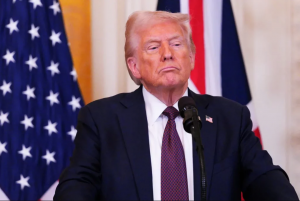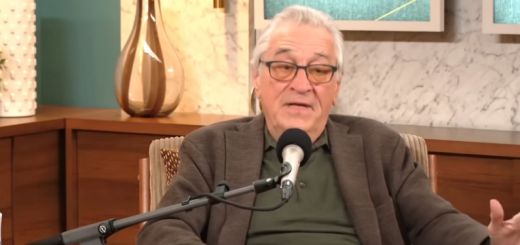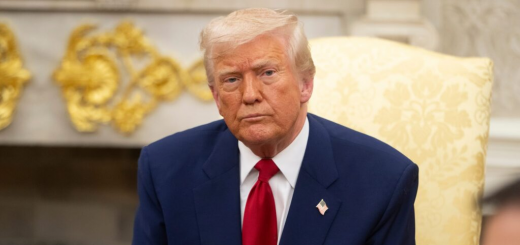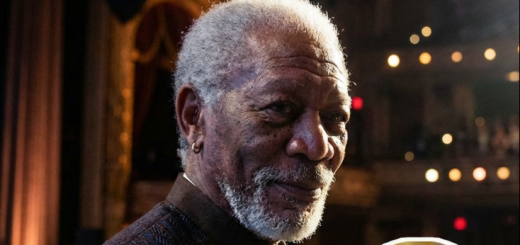RFK Jr. Adviser Weighs In: The Real Reason Behind Trump’s ‘Dementia’ Rumors May Surprise You
Former President Donald Trump recently underwent a five-hour comprehensive medical examination at the renowned Walter Reed National Military Medical Center in Bethesda, Maryland — and the results have stirred up a storm of speculation.
According to his examining physician, Dr. Sean Barbabella, Trump’s test results were clear: the former president is in “excellent physical and cognitive health.”
The report praised his strong cardiac, pulmonary, and neurological function, as well as his generally robust energy and alertness for a man of his age.

Barbabella even highlighted Trump’s active lifestyle, noting that his frequent golf outings contribute positively to his overall wellness.
However, the reassurance from the medical team hasn’t stopped public curiosity.
Photos from a June UFC event, showing Trump seated ringside, ignited a wave of online debate. Some users claimed to spot what looked like a leg brace or catheter, speculating about possible hidden health issues.
These rumors quickly spread across social media, with some suggesting Trump might be facing neurological or mobility challenges.

In July, White House Press Secretary Karoline Leavitt addressed the speculation by reading a follow-up statement from Dr. Barbabella.
The physician explained that Trump had undergone diagnostic vascular studies, which revealed chronic venous insufficiency — a benign but common condition among individuals over 70.
This finding explained the appearance of swelling in his legs, without any connection to dementia or serious illness.
Despite these clarifications, public discussion intensified when Dr. Aseem Malhotra, a British cardiologist known for his work on metabolic health and an adviser associated with Robert F. Kennedy Jr., weighed in.
Speaking to The Daily Beast, Dr. Malhotra said he believes the confusion surrounding Trump’s health stems not from cognitive decline but from the side effects of statins and aspirin, medications frequently prescribed to older adults.
“I’ve seen reports suggesting Donald Trump might be showing signs of dementia,” Malhotra said.
What’s going on here? pic.twitter.com/heloH6Y9Gf
— PatriotTakes 🇺🇸 (@patriottakes) June 10, 2025
“But the truth is, his symptoms are more consistent with fatigue and sleepiness, often caused by long-term use of statins.
I don’t think he has dementia — these are simply medication-related effects.”
He went on to describe Trump as “almost superhuman”, emphasizing that his demanding schedule, energy levels, and cognitive sharpness are remarkable for a man approaching 80. “Whatever people may say about him,” Malhotra added, “his endurance and resilience are undeniable.”
Experts have noted that while Trump’s health has been a frequent topic of political debate, no verified medical evidence supports claims of dementia or serious cognitive decline.
In fact, official assessments continue to describe him as mentally sound and physically capable.

As election season approaches, the controversy surrounding Trump’s health reflects a larger issue — the intersection of politics, media speculation, and medical privacy.
Public figures often face intense scrutiny, and even minor health details can become fuel for misinformation.
For now, the available facts tell a simple story: Donald Trump remains in good health, and the most likely cause of any perceived fatigue or stiffness may be nothing more than medication side effects and the realities of aging under the public spotlight.



























